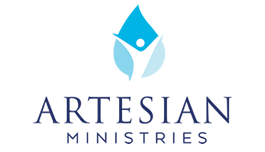Drug addiction can feel like an overwhelming storm that traps many in cycles of despair and isolation. What does the Bible say about drugs and addiction?
The Bible doesn’t directly mention modern substances, but it speaks deeply about behaviors and struggles that parallel addiction’s grip. God offers timeless wisdom and hope.
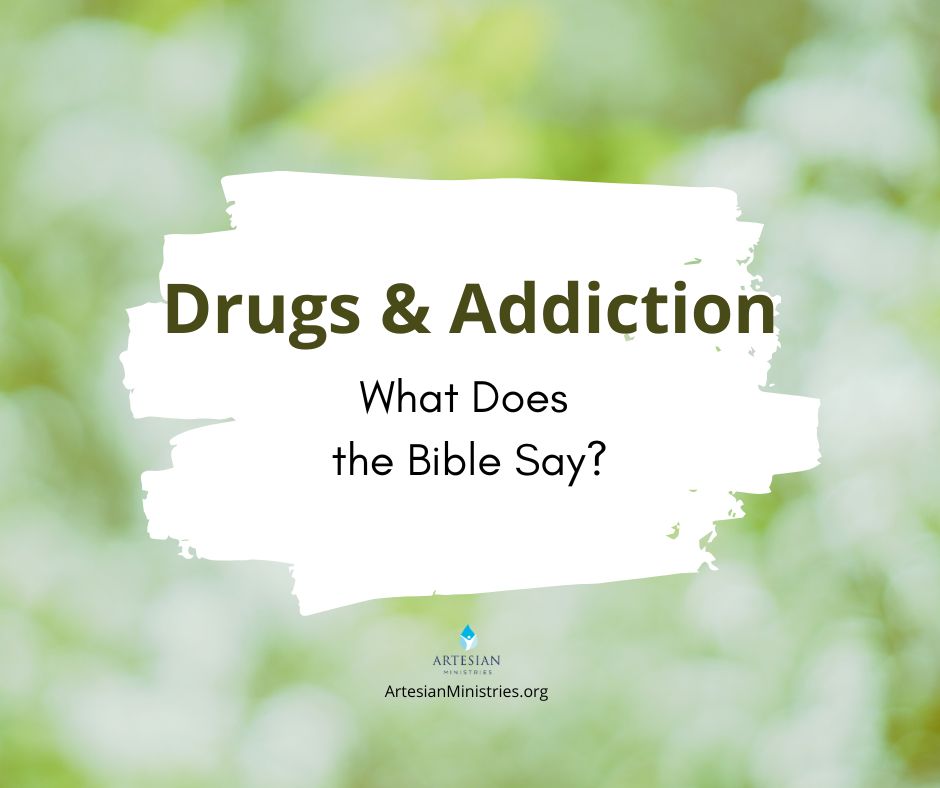
Table of Contents
- Understanding Drug Addiction through the Bible
- Biblical Principles on Self-Control and Temptation
- The Impact of Sin and Brokenness in Addiction
- God’s Grace and Forgiveness in Addiction Recovery
- Key Bible Verses Offering Hope and Strength
- Prayer Practices for Overcoming Addiction
- The Role of Community and Church Support
- The Power of Renewing the Mind with Scripture
- Faith-Based Strategies to Build Lasting Freedom
- Dealing with Relapse through Biblical Encouragement
Understanding Drug Addiction through the Bible
The topic of drugs, substance abuse, and addiction touches many lives, often bringing difficult emotions and complicated questions. Most seek a way of escape.
The Bible is the source of spiritual guidance for countless people. Scripture offers insights that can help us understand how to approach this issue with godly wisdom and compassion.
Temptation comes in many forms, including lust of the eyes, alcohol addiction, drug abuse, worldly passions, and desires of the flesh. But we are not without hope.
Scripture offers a recovery journey away from any substance use and dependence. Together, we will explore how biblical teachings provide hope, a path toward healing, and a fresh perspective on addiction.
Important Things You Should Know
- Addiction Reflects a Deep Brokenness: The Holy Bible reveals that addiction often stems from inner emptiness or pain. It echoes the human need for God’s healing presence rather than temporary fixes. Recognizing addiction as a symptom of spiritual and emotional brokenness is the first step toward true recovery.
- The Role of Strongholds: Scriptures like 2 Corinthians 10:4-5 describe strongholds of destructive habits. The disease of addiction can be seen as a mental and spiritual chain that requires intentional intervention, which the power of God can break.
- Not Just a Physical Battle: Addiction goes beyond just the physical dependency. It involves heart, mind, and soul struggles. They remind us that the recovery process is holistic. The only successful treatment plan requires spiritual transformation.
- Hope Is Found in God’s Word: God’s promises provide a hopeful framework that no one is beyond restoration. Even the strongest power of addiction can be undone by the grace of God.
- Community Is Crucial: Healing isn’t meant to be traveled alone. Scripture encourages believers to support one another through love and accountability. A Christ-centered community is a crucial element in any treatment program for addiction recovery.
Common Myths
Myth: Addiction is purely a physical problem that only medical treatment can fix.
Truth: Addiction involves the whole person, including body, mind, and spirit. True healing requires spiritual renewal.
Myth: If you struggle with addiction, you have failed God’s expectations.
Truth: Struggling does not mean failure; the Bible calls believers towards compassion, grace, and ongoing transformation.
Myth: Prayer is not effective in overcoming addiction without professional help.
Truth: Prayer and faith-based support is just as crucial as medical treatments (if needed). They provide the power of Christ and spiritual strength that facilitates healing.
Related: 15 Top Prayer Card Ideas with Verses and Prayers
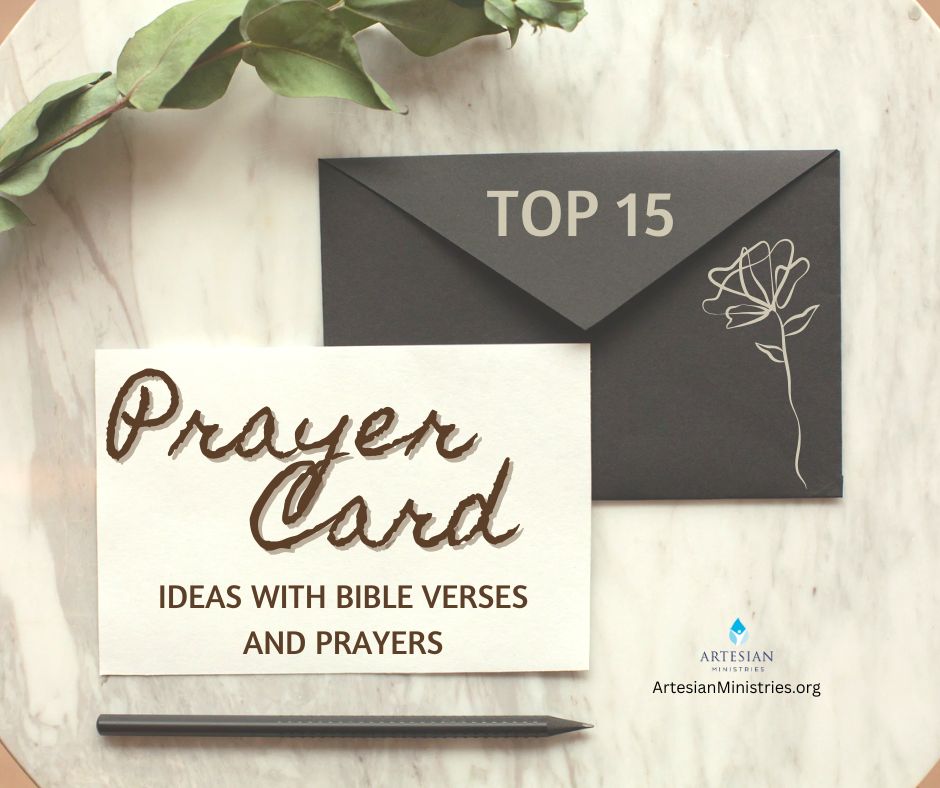
Biblical Principles on Self-Control and Temptation
Self-control is a recurring theme in Scripture and plays a vital role in resisting addiction’s pull. The will of God is for you to be healed and whole.
Temptation is universal. The Word of God offers timeless principles to help us manage desires and make empowered choices. We lean together into the powerful name of the Lord Jesus Christ.
Let’s unpack how these teachings illuminate pathways toward healthier habits and spiritual victory.
Important Things You Should Know
- Self-Control Is a Fruit of the Spirit: Galatians 5:22-23 highlights self-control as evidence of spiritual growth. Cultivating this fruit requires daily surrender and reliance on God’s strength rather than personal willpower alone.
- Temptation Is Not Sin: Temptation itself isn’t a failure but a test of faith. Understanding this helps to avoid shame and encourages resilience. Scripture reminds believers that God provides a way out of every temptation (1 Corinthians 10:13).
- Renewing the Mind Builds Resistance: Romans 12:2 emphasizes transforming the mind to replace harmful thought patterns with God’s truth. God is our source of strength for self-control against addictive impulses.
- Accountability Guards Against Temptation: Proverbs 27:17 illustrates how a supportive community helps maintain discipline and alertness to temptation. Accountability is a powerful tool to make self-control more attainable.
- Prayer and Scripture as Tools: Jesus’ response to temptation in the wilderness with Scripture shows how internalizing God’s Word enables confrontation and overcoming of urges. Jesus, the God of all grace in the flesh, was tempted. We need not feel singled out.
Common Myths
Myth: Strong willpower alone guarantees victory over temptation and our own desire.
Truth: Self-control is a spiritual discipline supported by God’s power and community, not just personal effort.
Myth: Temptation disappears when you become a mature Christian.
Truth: Temptation remains, but faith matures in how it is faced. A personal relationship with Jesus Christ equips you to face works of the flesh with confidence, prayer, and reliance on the Good News.
Myth: Avoidance is the only way to control temptation.
Truth: While avoidance helps, building spiritual resilience and renewing the mind are vitally important to long-term victory.
Related: 15 Powerful Bible Verses and Prayers for Bad Dreams
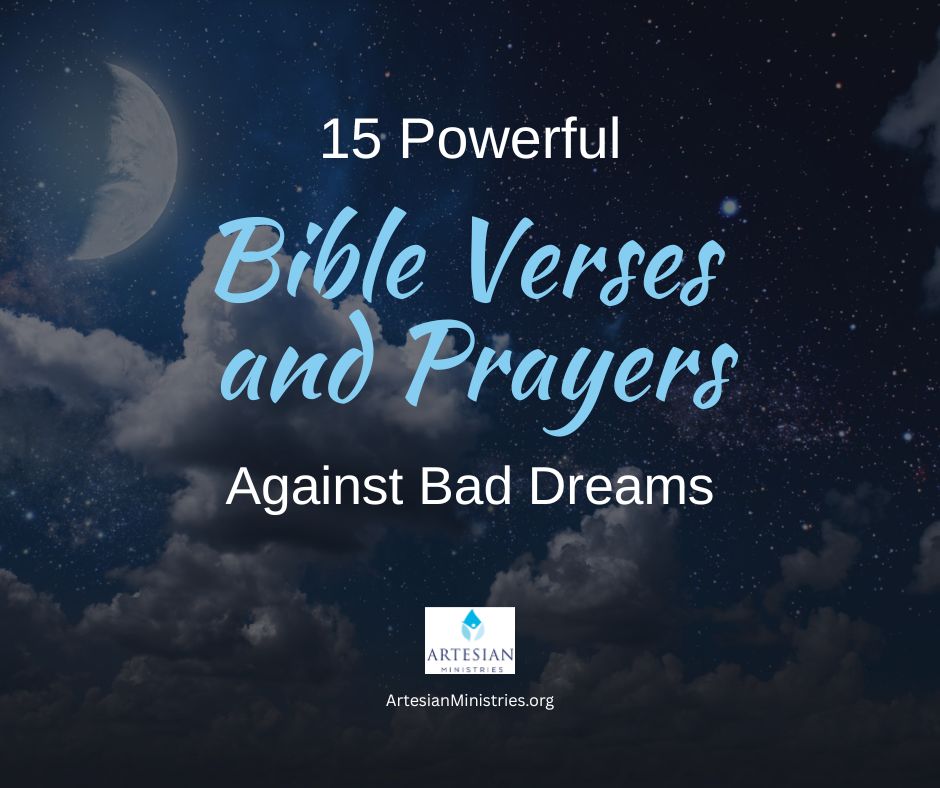
The Impact of Sin and Brokenness in Addiction
Addiction often thrives in the shadow of sin and brokenness, concepts strongly addressed in the Bible. Romans 5:3-5 tells us that “suffering produces endurance, and endurance produces character, and character produces hope, and hope does not put us to shame.”
Understanding these spiritual realities provides clarity on why addiction can feel like more than just a habit. Divine healing addresses the root causes.
This section explores how sin fractures our relationship with God and self, creating space for addiction’s grip in our present age.
Important Things You Should Know
- Sin Separates Us from God: Isaiah 59:2 explains how sin disrupts our connection with God. It leaves a void that addiction may try to fill, but cannot truly satisfy.
- Brokenness Leads to Vulnerability: Feelings of shame, worthlessness, and pain create fertile ground for addictive behaviors as misguided attempts at coping.
- Confession and Repentance Open Doors to Healing: 1 John 1:9 encourages believers to confess sins, enabling forgiveness and restoration that breaks addiction’s hold.
- God Uses Brokenness to Bring Growth: Psalm 34:18 reassures that God is near to the brokenhearted, turning suffering into a pathway for spiritual growth and deeper intimacy with Him.
- Jesus Came to Heal the Broken: Recognizing addiction as part of human brokenness allows us to embrace Jesus’ mission of restoration and new life. People who live godly lives and have good morals can fall into addiction, but that is not the end of our story in Christ Jesus.
Common Myths
Myth: Addiction is purely a moral failure or lack of willpower.
Truth: Addiction is a complex interplay of brokenness, sin, and physical dependency, requiring holistic healing.
Myth: Once forgiven, addiction problems immediately disappear.
Truth: Forgiveness initiates healing, but ongoing recovery requires patience, perseverance, and spiritual growth.
Myth: Broken people are unworthy of God’s love.
Truth: God’s love is precisely for the broken and offers restoration, hope, and purpose.
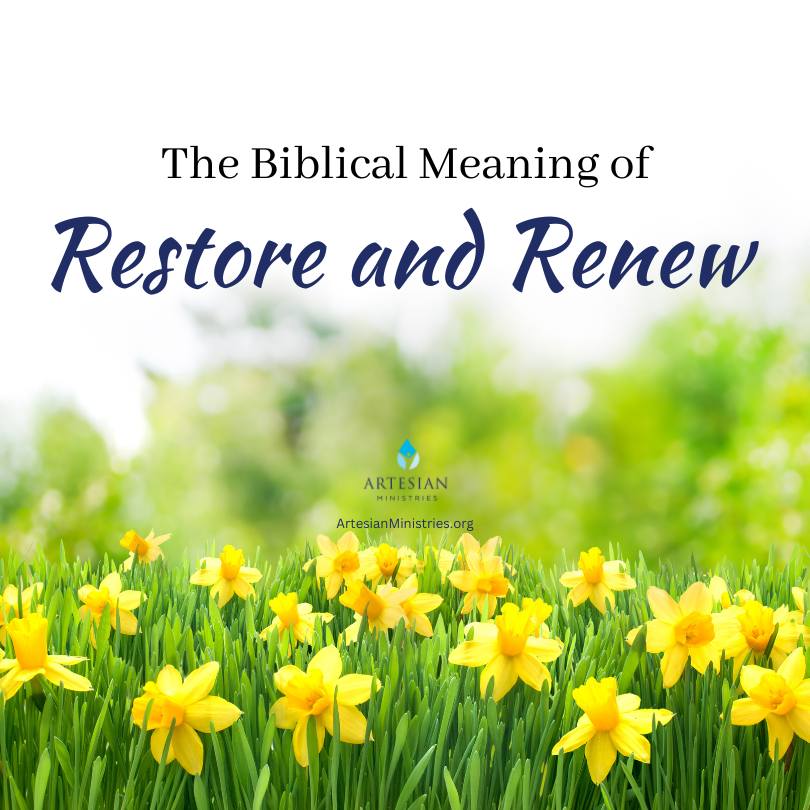
God’s Grace and Forgiveness in Addiction Recovery
God’s grace and forgiveness are cornerstones of hope and healing for those battling addiction.
Far from condemning, Scripture offers an invitation to experience unconditional love and renewal that redefines identity beyond past mistakes.
This section unpacks how embracing grace empowers sustained recovery and a fresh start as a new creation in Christ.
Important Things You Should Know
- Grace Is Unmerited Favor: Ephesians 2:8-9 clarifies that salvation and healing aren’t earned but received freely through God’s love, removing the burden of shame and guilt that addiction fosters.
- Forgiveness Breaks Chains of Guilt: Holding onto guilt fuels addiction’s cycle; embracing forgiveness helps replace shame with freedom and peace.
- Grace Enables Transformation: Grace doesn’t just cover sins; it actively changes hearts and minds, giving the strength to overcome addiction’s control.
- God’s Forgiveness Is Complete: Psalm 103:12 emphasizes that God removes sins as far as the east is from the west, assuring full restoration.
- Living in Grace Requires Daily Surrender: Recovery is ongoing and flourishes when believers consistently invite grace to work in their weaknesses.
Common Myths
Myth: God’s forgiveness means your addiction struggles no longer matter.
Truth: Forgiveness begins healing, but addressing addiction actively is essential for lasting recovery.
Myth: Grace allows for repeat sinful behavior without consequences.
Truth: Grace empowers change and calls for repentance rather than repeat patterns of addiction.
Myth: Only the “perfect” are deserving of God’s grace and rely on the importance of self-control.
Truth: Grace is for everyone, especially those who recognize their imperfections and need for God’s help. Our hope of salvation is in Jesus, not our will power.
Related: Forgiveness: Received From God, Extended to Others (Bible Study)

Key Bible Verses Offering Hope and Strength
Scripture offers a treasure trove of verses that speak hope, courage, and strength to those battling addiction.
These passages are invaluable tools, providing encouragement and reminders of God’s unwavering presence through every trial.
Here, select verses from both the New Testament and Old Testament are highlighted for reflection and prayer to sustain us on the path to freedom.
Important Things You Should Know
- God Provides Strength When You Feel Weak: 2 Corinthians 12:9 assures that God’s power is made perfect in weakness. It offers encouragement to those feeling overwhelmed by addiction’s hold.
- Hope for New Beginnings: Isaiah 43:18-19 promises God’s ability to create new paths and wipe away past mistakes. It is essential for anyone seeking a fresh start.
- Peace Beyond Understanding: Philippians 4:7 speaks of God’s peace guarding hearts and minds. This spiritual anchor calms the turmoil that addiction can bring.
- Freedom Through Truth: John 8:36 says, “If the Son sets you free, you will be free indeed”, underscoring the spiritual liberty offered by Christ.
- God’s Unfailing Presence: Deuteronomy 31:6 encourages believers not to fear. God goes with them and will never abandon them. This provides a crucial reassurance for lonely recovery moments.
Common Myths
Myth: Bible verses about strength only apply to great biblical figures, not to everyday struggles like addiction.
Truth: Scripture is meant for all believers and speaks directly into personal challenges, providing real hope and help.
Myth: Reciting verses is enough to overcome addiction and various forms of temptation.
Truth: Verses inspire and empower but must be combined with prayer, community, and action.
Myth: Struggles mean you lack faith to access God’s promises.
Truth: Struggles are part of spiritual growth, and God’s promises hold true regardless of circumstances.

Prayer Practices for Overcoming Addiction
Prayer is a lifeline to navigate addiction’s challenges. Prayers are more than words. They are a spiritual dialogue with God that invites transformation.
Developing thoughtful, persistent prayer habits can infuse recovery with hope, comfort, and strength.
This section describes practical prayer strategies tailored to those striving for freedom in Christ.
Important Things You Should Know
- Prayer Connects You to God’s Power: Through prayer, Scripture teaches believers access divine strength, wisdom, and peace beyond human capacity.
- Honesty in Prayer Is Vital: Authenticity before God—sharing fears, failures, and hopes—opens the door for genuine healing and peace.
- Prayer Can Break Chains of Addiction: Consistent prayer focuses the mind and heart on God’s promises, reinforcing commitment and resilience.
- Use Scriptural Prayers as Templates: Following prayers found in the Bible (like Matthew 6:5-15) helps keep your requests aligned with God’s will and reassures your faith.
- Pray with Others: Collective prayer adds power and creates a sense of community support vital during tough moments.
Common Myths
Myth: Only perfect or “holy” people have their prayers answered.
Truth: God welcomes all prayers, especially those coming from broken and sincere hearts.
Myth: Prayers must be long or eloquent to be effective.
Truth: Simple, honest prayers are more powerful than elaborate speeches.
Myth: If prayers don’t get immediate results, God isn’t listening.
Truth: God’s timing is perfect. Sometimes answers come through gradual transformation rather than instant change.

The Role of Community and Church Support
Addiction recovery benefits extensively from a nurturing community grounded in biblical fellowship.
The Bible highlights the necessity of belonging and bearing one another’s burdens as part of spiritual growth.
This section explores how the church and faith communities facilitate encouragement, accountability, and practical help.
Important Things You Should Know
- Community Provides Accountability: James 5:16 calls believers to confess to one another to find healing, underscoring the power of transparency and shared struggles in recovery.
- Church Is a Safe Place for Restoration: Local churches offer spaces to experience grace, acceptance, and guidance that combat the isolation addiction fosters.
- Service Opportunities Build Purpose: Engaging in ministry or volunteer work redirects focus toward others and strengthens recovery through meaningful contribution.
- Fellowship Encourages Perseverance: Hebrews 10:24-25 stresses regular gathering as motivation to stay committed and support each other’s spiritual journeys.
- Spiritual Mentorship Supports Growth: Experienced mentors provide wisdom, encouragement, and prayer support that are essential for overcoming setbacks.
Common Myths
Myth: Recovery is a solo journey between the individual and God alone.
Truth: Biblical recovery invites the positive changes of community because humans are wired for connection.
Myth: You must attend a “perfect” church to experience meaningful support.
Truth: Imperfect churches still offer valuable, grace-filled relationships crucial for healing.
Myth: Church community only offers spiritual benefits, not practical help.
Truth: Churches often provide tangible resources like counseling, support groups, and social services.
Related: Top 50 Encouraging Psalms in the Bible for Every Day

The Power of Renewing the Mind with Scripture
Transformation from addiction often hinges on changing what our mind focuses on. The Bible is God’s inspired Word and a profound resource for renewing the mind.
Romans 12:2 challenges believers not to conform to their past patterns but to be transformed by the renewing of their minds.
This renewal helps break addiction’s mental grip and creates room for spiritual freedom.
Important Things You Should Know
- Mental Patterns Influence Behavior: Negative thought cycles often fuel addictive cravings. Identifying and replacing these with God’s truth is vital for sustainable change.
- Scripture as a Transformational Tool: Regular immersion in God’s Word rewires thinking toward hope, purpose, and identity in Christ rather than past mistakes.
- The Mind and Heart Work Together: Renewing the mind positively impacts emotions and decisions, key areas affected by addiction.
- Combining Meditation and Memorization Helps: Internalizing verses aligns thought processes with God’s will, building spiritual resilience against relapse.
- Patience with Progress Is Essential: Renewing the mind is gradual; perseverance and grace are needed during setbacks or slow changes.
Common Myths
Myth: Changing thought patterns is impossible without professional therapy.
Truth: While professional help is valuable, Scripture renewal deeply reshapes the mindset and complements counseling. Counseling without a biblical base will prove ineffective in long-term change.
Myth: Replacing negative thoughts with biblical ideas is an instant cure.
Truth: It is a continual process requiring time, effort, and spiritual sensitivity.
Myth: Mind renewal only affects spiritual life, not physical addiction symptoms.
Truth: Mental transformation aids emotional regulation and physical cravings management.
Related: Free Bible in One Year Reading Plans (with Downloads)

Faith-Based Strategies to Build Lasting Freedom
Building lasting freedom from addiction through faith involves intentional strategies that combine spiritual practices with practical habits.
These approaches empower believers to walk in new life consistently, strengthening their identity in Christ and resilience against relapse.
Important Things You Should Know
- Holistic Approach Combines Spiritual and Practical: Lasting freedom involves prayer, Scripture, community, and healthy lifestyle choices working in tandem.
- Identity in Christ Is Foundational: Knowing oneself as loved and redeemed by God shapes perspectives and decisions away from addictive behaviors.
- Accountability Structures Are Essential: Establishing clear, trusted relationships encourages honesty and reduces risk of secretive setbacks.
- Routine and Discipline Create Stability: Regular spiritual and physical habits lay a solid foundation to resist temptation.
- Continuous Growth Mindset Prevents Complacency: Viewing recovery as ongoing journey fosters openness to change and resilience.
Common Myths
Myth: Freedom from addiction happens quickly after salvation.
Truth: Recovery is often a gradual process with ups and downs requiring persistence using Christ’s strength.
Myth: Only spiritual rituals guarantee success in overcoming addiction.
Truth: Combining prayer, community, mental health care, and practical tools leads to more sustainable outcomes.
Myth: If you fall back into addiction, your faith must be weak.
Truth: Setbacks are part of growth; mercy and perseverance are biblically encouraged.
Related: What is the Spiritual Meaning of Rain in the Bible?
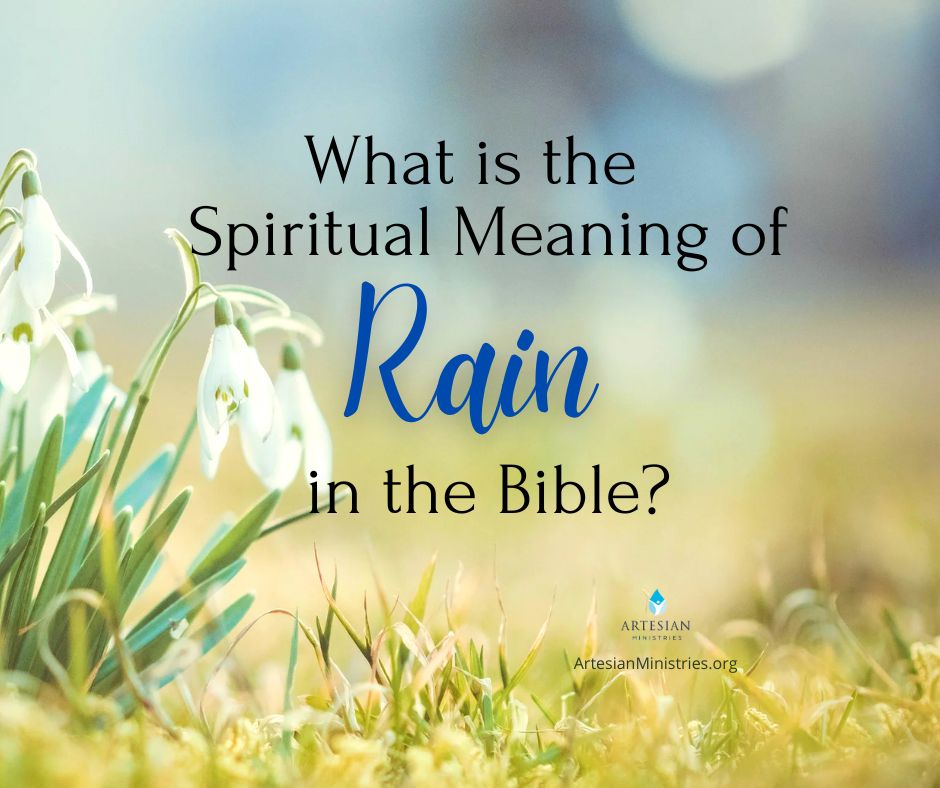
Dealing with Relapse through Biblical Encouragement
Relapse can feel like a heartbreak for anyone dedicated to recovery.
The Bible offers powerful encouragement, reminding us that failure is not final but an opportunity for God’s grace and renewed hope.
Understanding how Scripture frames relapse helps believers embrace setbacks with grace and get moving forward again.
Important Things You Should Know
- Relapse Isn’t Defeat But Part of Recovery: Scripture encourages perseverance even after failure, highlighting God’s patience and mercy (Proverbs 24:16).
- God’s Love Remains Constant: Romans 8:38-39 reminds believers that nothing, including relapse, can separate them from God’s love.
- Confession and Repentance Restore Fellowship: Returning to God honestly aids spiritual renewal and recommitment to healing.
- Use Relapse as a Learning Opportunity: Analyzing triggers and vulnerability can strengthen future strategies and lead to growth.
- Seek Support Without Shame: Community and mentors provide vital encouragement and accountability after setbacks.
Common Myths
Myth: One relapse means recovery is impossible.
Truth: Many recoveries involve setbacks; God’s grace supports continual healing efforts.
Myth: Relapse is a sign of weak faith.
Truth: Faith is refined through trials, including failure, with God’s strength enabling perseverance.
Myth: You must hide relapse to avoid judgment.
Truth: Transparency invites healing and support, not condemnation.
Related: 100 Promises of God in the Bible to Strengthen Faith

Bottom Line
Outline steps to take immediately after a setback to regain control and seek help. Turn to God’s promises for strength and encouragement without delay.
Honest conversations with accountability partners reduce shame and provide practical assistance. Continued connection discourages isolation and builds resilience.
Finally, each day, remember to recite, “I can do all things through Christ who strengthens me” (Philippians 4:13). The Lord is on your side!
Related Posts:
- Best Bible Reading Plans
- Warriors in the Bible: 13 Essential Life Lessons to Learn
- 50 Motivational Bible Verses About Aging Gracefully
About the Author
Donna is a sought-after speaker, multi-published author, and Bible teacher. Her path from unchurched to becoming passionate about sharing Jesus was difficult. Read about her God-breathed journey: “From Unchurched to Becoming a Multi-Published Author and Sought-After Speaker.” If you want to send Donna a quick message, visit her here.

{Some of these links are affiliate links. If you purchase through that link, the ministry may receive a small commission at no extra cost to you.}
